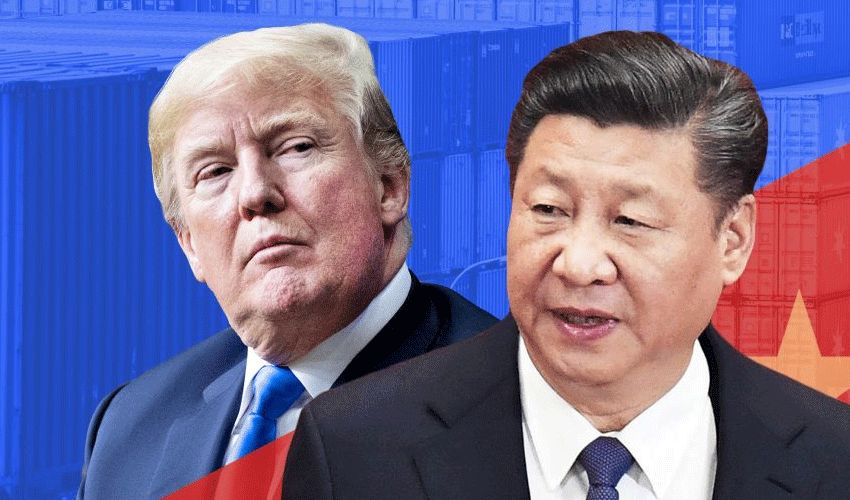Gulf countries have enforced restrictions on Indian propaganda films, particularly those depicting anti-Muslim sentiments and misrepresentation of the Kashmiri conflict.
The decision comes amidst growing concerns over the portrayal of sensitive political issues and biased narratives in Bollywood productions. Recently, the release of the Indian film "Article 370" has been halted in Gulf cinemas due to its propagandist nature.
The film, which aims to justify the unilateral revocation of Article 370 by the Modi government in August 2019, has faced international criticism for its distortion of historical events and misrepresentation of the ground realities in Kashmir.
Notably, this isn't the first instance of Gulf countries censoring Bollywood films. Earlier, films like "The Kashmir Files" were also banned for promoting a one-sided agenda.
The ban on "Article 370" underscores Gulf countries' commitment to countering India's extremist ideologies, particularly evident in the treatment of Muslims, especially Kashmiris, under the Modi regime.
Since Modi's rise to power in 2014, Bollywood has increasingly become a tool for promoting anti-Muslim sentiments, with over 40 such films released during his tenure, mostly focusing on the Kashmiri conflict.
These cinematic narratives not only perpetuate stereotypes but also fuel discrimination and violence against Muslims in India and beyond.
The Gulf countries' decision to curb Indian propaganda films reflects their determination to thwart India's efforts to control Kashmir through state-sponsored terrorism.
In essence, this move signifies a commendable stance against the exploitation of cinema for political agendas and a reaffirmation of the Gulf nations' commitment to justice and truth.


























